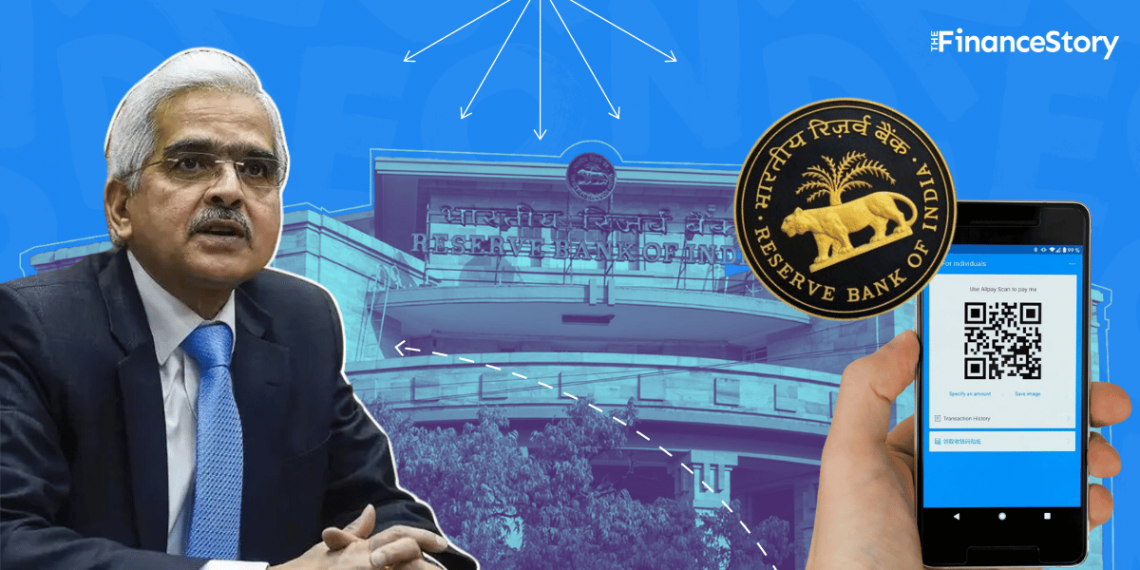- The Reserve Bank of India (RBI) has been very generous in granting payment aggregator licenses, lately.
- In February, Juspay, Zoho, and Decentro received RBI’s authorization to operate as payment aggregators.
- Here is a breakdown.
When did Zoho, Juspay, and Decentro get RBI’s approval?
On 6th February 2024, Juspay and Decentro, two fintech startups, were given the official license to function as payment aggregators.
Zoho, on the other hand, became the first enterprise SaaS player in India to receive the payment aggregator license from the RBI, on 2nd February.
With this approval, they will be joining the ranks of Razorpay, Cashfree, Zomato, and other companies that were approved earlier.
Zoho
Founded by Sridhar Vembu, Zoho Corporation, is an Indian tech company, that develops computer software and web-based business tools.
It is renowned for its Software as a Service (SaaS) business model, and Zoho Office Suite, an online office suite.
In the financial year 2022-23 (FY23), Zoho recorded an operating revenue of ₹8,703.6 Cr ($1 Bn).
Juspay
Vimal and Ramanathan RV founded Juspay, a leading fintech company in India.
Their software development kits (SDKs) are currently installed on more than 200 million devices and they handle over 22 million transactions daily.
They offer a range of products including two-factor authentication (2FA) Auth SDK, a comprehensive Payments Stack, and various Checkout APIs.
As of June 23, 2022, Juspay’s valuation is $442 million.
Decentro
Backed by Y Combinator, Decentro is a fintech-as-a-service startup, based in Bengaluru, India.
It offers a platform that combines banking, payments, and fintech processes for companies.
Decentro was founded in 2020 by Rohit Taneja (CEO) and Pratik Daudkhane.
They raised a total of $4.7 million in Series A, which concluded on 1st November 2022.
Also read: Zomato gets RBI approval for payment aggregator license. Everything you need to know.
Services Juspay, Zoho, and Decentro will be able to provide
- Collect payments: Act as an intermediary between merchants and customers, collecting payments on behalf of merchants from various sources like credit/debit cards, net banking, and e-wallets.
- Process transactions: Route payments seamlessly to acquiring banks for authorization and settlement.
- Manage funds: Hold received funds temporarily before disbursing them to merchants as per agreed terms.
How to become a payment aggregator in India?
The RBI is cautious in issuing payment aggregator licenses and has stringent eligibility criteria for the application process.
Here’s a breakdown of the key steps involved:
- Company Registration: You need to be a registered company under the Companies Act, 2013.
- RBI Authorization: Obtain authorization from the Reserve Bank of India (RBI) under the Payment and Settlement Systems Act (PSS Act).
- Capital Adequacy: Meet the minimum net worth requirement of ₹15 crores, increasing to ₹25 crores within three years of operation.
- Data Localization: Store all payment data within India.
- Anti-Money Laundering (AML) Measures: Implement robust AML and Know Your Customer (KYC) procedures.
Wrapping up
A few players in the fintech industry in India faced stricter regulations from the Reserve Bank of India.
Freecharge recently had their applications rejected due to not meeting the required standards. Furthermore, Paytm Payments Bank has been prohibited by the RBI for non-compliance.
Despite these setbacks, the RBI remains supportive of fintech advancements.
In fact, they have extended their Payments Infrastructure Development Fund (PIDF) scheme until December 2025 to enhance the digital payments infrastructure.
In 2023, six entities including Razorpay, Cashfree Payments, Open Financial, EnKash, Google Pay, and Paymate India obtained final payment aggregator licenses.
It is expected that more players will receive approval in the coming months.








Thanks for finally talking about > Zoho and Juspay get payment aggregator license from RBI:
A good sign for fintechs in India exness vietnam